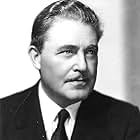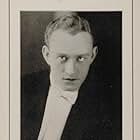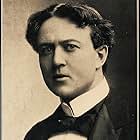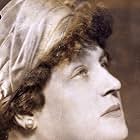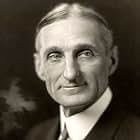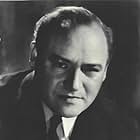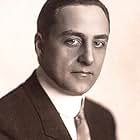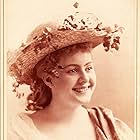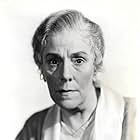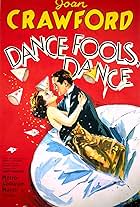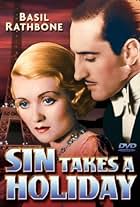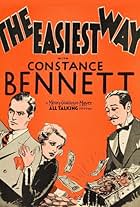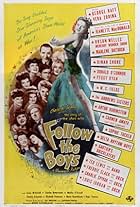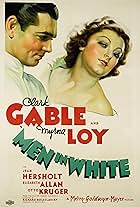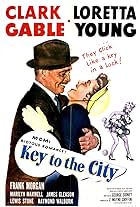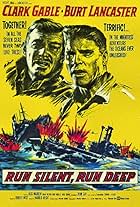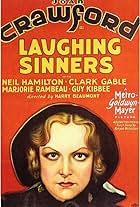A French milliner becomes a casino hostess and courtesan, eventually rising to the position of mistress of King Louis XV.A French milliner becomes a casino hostess and courtesan, eventually rising to the position of mistress of King Louis XV.A French milliner becomes a casino hostess and courtesan, eventually rising to the position of mistress of King Louis XV.
Oscar Apfel
- Undetermined Secondary Role
- (uncredited)
Eugenie Besserer
- Rosalie - Prison Matron
- (uncredited)
Earle Browne
- Stage Director
- (uncredited)
Knute Erickson
- Jailer
- (uncredited)
Cissy Fitzgerald
- Undetermined Secondary Role
- (uncredited)
Blanche Friderici
- Undetermined Secondary Role
- (uncredited)
Clark Gable
- Extra
- (uncredited)
Peter Gawthorne
- Undetermined Secondary Role
- (uncredited)
- Director
- Writers
- All cast & crew
- Production, box office & more at IMDbPro
Storyline
Did you know
- TriviaThis film is one of over 200 titles in the list of independent feature films made available for television presentation by Advance Television Pictures announced in Motion Picture Herald 4 April 1942. At this time, television broadcasting was in its infancy, almost totally curtailed by the advent of World War II, and would not continue to develop until 1945-1946. Because of poor documentation (feature films were often not identified by title in conventional sources) no record has yet been found of its initial television broadcast. It's earliest documented telecasts took place in both New York City and Washington DC and Baltimore Wednesday 27 July 1949 on WJZ (Channel 7) and on WMAL (Channel 7) and on WAAM (Channel 13), in Cincinnati Saturday 17 September 1949 on WCPO (Channel 7), in Philadelphia Saturday 10 December 1949 on WCAU (Channel 10), and in Chicago Sunday 19 February 1950 on WGN (Channel 9).
- ConnectionsReferenced in The Simpsons: Thursdays with Abie (2010)
Featured review
In her last movie, Norma Talmadge takes on the role of the famous lover of the King of France. Raised a poor girl, she wants nice things, and finds a shot at them by marrying the right sort of nobleman. She is ready to throw it all away for Conrad Nagel. Indeed, they are about to run to a little cottage in the country when the King, William Farnum shows up, throws the riches of France at her feet, and sends Nagel to prison. As my godmother used to say "What's a girl to do?"
Nagel escapes from prison and becomes the leader of the mob. I'd go on, but even the movie doesn't take itself seriously. In fact there's a long title at the start explaining that it's merely an entertainment.
If you're looking for the spectacles that Miss Talmadge frequently starred in, it's here. Sam Taylor directs the visuals expertly, and the cast is quite splendid, with Hobart Bosworth, Alison Skipworth, Edwin Maxwell, and Henry Kolker making the transition to sound handily. It's Miss Talmadge who's the problem. Listening to her, I sometimes thought I was listening to Ethel Merman: same accents, same sort of voice, same sort of overdone speaking that could easily fill a theater without amplification. Perhaps that's why I thought some of the sequences were intended to be comic rather than serious. On consideration that seems unlikely, and unfair. Miss Merman was touring in vaudeville at this time, and would make her first movie in 1930. She would not become known as the great singing stage performer for some time. Contemporary audiences would not hear Miss Talmadge and think she sounded like Miss Merman. They would hear Miss Merman and think she sounded like Miss Talmadge.
However, no matter who sounded like whom, it was clear that Miss Talmadge's voice did not match the image of a great dramatic star, she was losing her youthful beauty, and also her husband, producer and industry power Joseph Schenck. This movie was clearly a good try at transferring Miss Talmadge's stardom from the silent to the talking screen. It didn't work.
Nagel escapes from prison and becomes the leader of the mob. I'd go on, but even the movie doesn't take itself seriously. In fact there's a long title at the start explaining that it's merely an entertainment.
If you're looking for the spectacles that Miss Talmadge frequently starred in, it's here. Sam Taylor directs the visuals expertly, and the cast is quite splendid, with Hobart Bosworth, Alison Skipworth, Edwin Maxwell, and Henry Kolker making the transition to sound handily. It's Miss Talmadge who's the problem. Listening to her, I sometimes thought I was listening to Ethel Merman: same accents, same sort of voice, same sort of overdone speaking that could easily fill a theater without amplification. Perhaps that's why I thought some of the sequences were intended to be comic rather than serious. On consideration that seems unlikely, and unfair. Miss Merman was touring in vaudeville at this time, and would make her first movie in 1930. She would not become known as the great singing stage performer for some time. Contemporary audiences would not hear Miss Talmadge and think she sounded like Miss Merman. They would hear Miss Merman and think she sounded like Miss Talmadge.
However, no matter who sounded like whom, it was clear that Miss Talmadge's voice did not match the image of a great dramatic star, she was losing her youthful beauty, and also her husband, producer and industry power Joseph Schenck. This movie was clearly a good try at transferring Miss Talmadge's stardom from the silent to the talking screen. It didn't work.
Details
- Release date
- Country of origin
- Language
- Also known as
- Flame of the Flesh
- Production company
- See more company credits at IMDbPro
- Runtime1 hour 30 minutes
- Color
- Aspect ratio
- 1.20 : 1
Contribute to this page
Suggest an edit or add missing content

Top Gap
By what name was Du Barry, Woman of Passion (1930) officially released in Canada in English?
Answer










